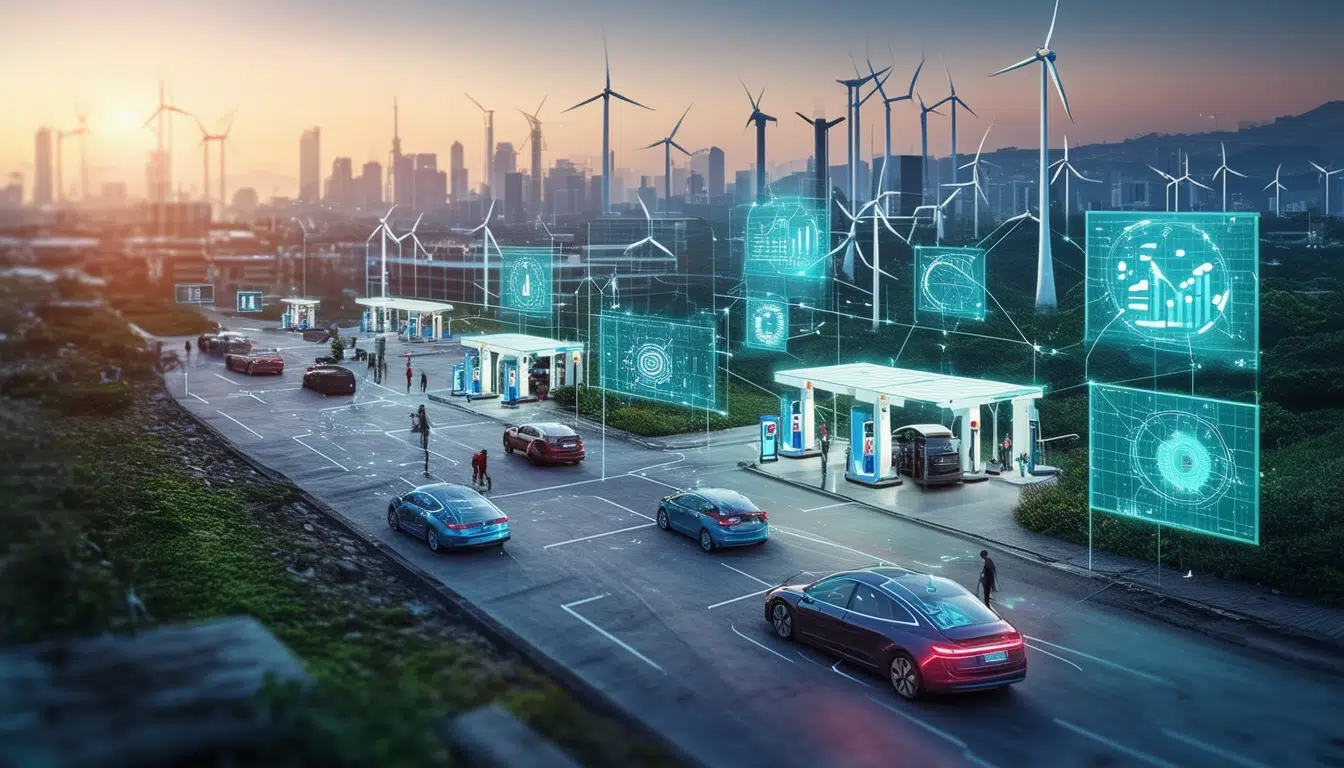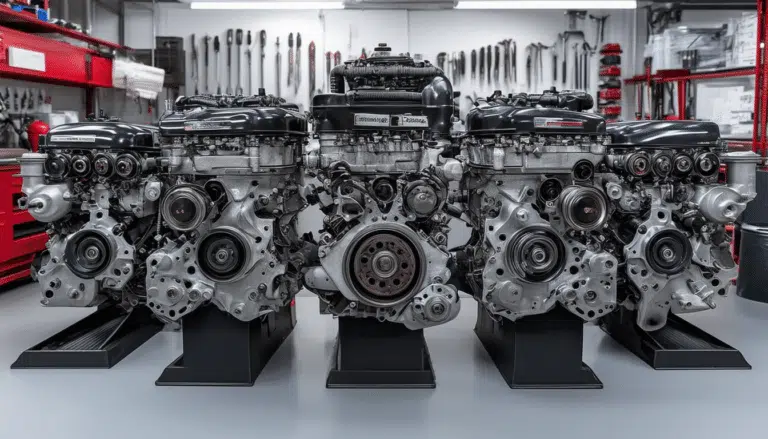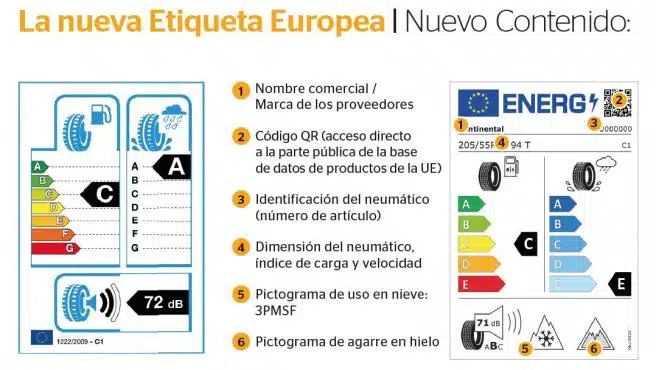Integrating smart technologies to reduce fuel expenditure

In an increasingly sustainability-focused world, the integration of smart technologies presents itself as a revolutionary solution to reduce fuel expenditure. These innovations not only transform our consumption habits but also enhance safety and efficiency across different sectors, including transportation. Digitalization and new technological applications are redefining the future of mobility by enabling more economical and eco-friendly alternatives, thus allowing for more responsible and conscious consumption. The adoption of these smart technologies is not just a necessary advancement but an opportunity to contribute to a more sustainable future.
The reduction of fuel expenditure has become a priority at both the individual and business levels. The implementation of smart technologies in the transportation and mobility sector is transforming the way we move and utilize energy resources. This article explores how these innovations are facilitating the transition towards a more efficient and responsible fuel consumption.
The role of technologies in urban mobility
Energy-saving technologies are revolutionizing the concept of mobility in cities. From the integration of electric vehicles to the implementation of traffic management systems that optimize vehicular flows, these innovations allow for greater efficiency in fuel use. Smart cities are adopting sensors and applications that help monitor congestion and reduce waiting times at traffic lights, contributing to lower fuel consumption.
New applications for road safety
Accident rates are one of the factors that most impact fuel expenditure. Innovations such as advanced driver-assistance systems (ADAS) are essential for preventing accidents and improving road safety. The installation of technologies that alert about hazardous conditions can be decisive, and knowing more about advances in automotive safety can help drivers make more informed decisions.
The carpooling revolution: a sustainable approach
Carpooling systems have changed the way we share rides, allowing users to reduce costs and fuel consumption. This model is not only more economical, but it also fosters a more sustainable approach to transportation. Furthermore, the incorporation of information technologies and digital platforms has facilitated the connection between drivers and passengers, making carpooling a viable and popular alternative.
Energy efficiency measures at home and in industry
Implementing energy efficiency measures at home is another way to contribute to reducing fuel expenditures. From more efficient heating and cooling systems to using low-energy appliances, every small change counts. In the industrial sector, technological innovation allows for process optimization and reduction of energy costs, being essential for any company seeking optimal performance. There are various strategies that can be adopted to improve efficiency, from energy audits to equipment modernization.
Alternative fuels and their importance
The transition to the use of alternative fuels is vital not only for reducing costs but also for mitigating environmental impact. Many vehicles are now designed to run on electricity, natural gas, or hydrogen, allowing users to significantly reduce their fuel expenditures. To learn more about this transition, it is interesting to explore the importance of responsible consumption.
Future trends in automotive technology
The automotive industry is in constant evolution, and technological innovations are a fundamental part of this transformation. Developments such as electric cars and automated technologies are set to revolutionize the market in the coming years. For those interested in the future of these advances, an excellent source is the upcoming list of electric cars that will arrive by 2025.
The integration of smart technologies in the transportation sector presents itself as one of the most promising solutions to address the growing need to reduce fuel expenditure. This approach not only encompasses the implementation of electric vehicles but also the use of energy management systems that optimize engine performance and minimize unnecessary consumption.
Among the most notable innovations are smart navigation systems which, through advanced algorithms, allow drivers to choose the most efficient routes, avoiding congestion and thereby reducing travel time and fuel consumption. This type of technology is crucial in a country like Mexico where traffic can be a constant.
The digital culture and the development of mobile applications that promote the use of alternatives like carpooling are also essential to encourage sustainable mobility. Sharing rides not only decreases the number of vehicles on the road but also favors lower fuel use, thus contributing to reduced pollutant emissions.
Moreover, it is crucial for companies to implement energy efficiency strategies. This includes adopting fleets of vehicles that use alternative fuels and performance monitoring technologies that allow identifying areas for improvement in fuel consumption, generating significant long-term savings.
Finally, education and awareness about responsible consumption are essential to maximize the benefits of these technologies. By adopting a proactive approach to sustainability, not only is fuel expenditure reduced, but significant steps are taken toward a more eco-friendly and responsible future.



